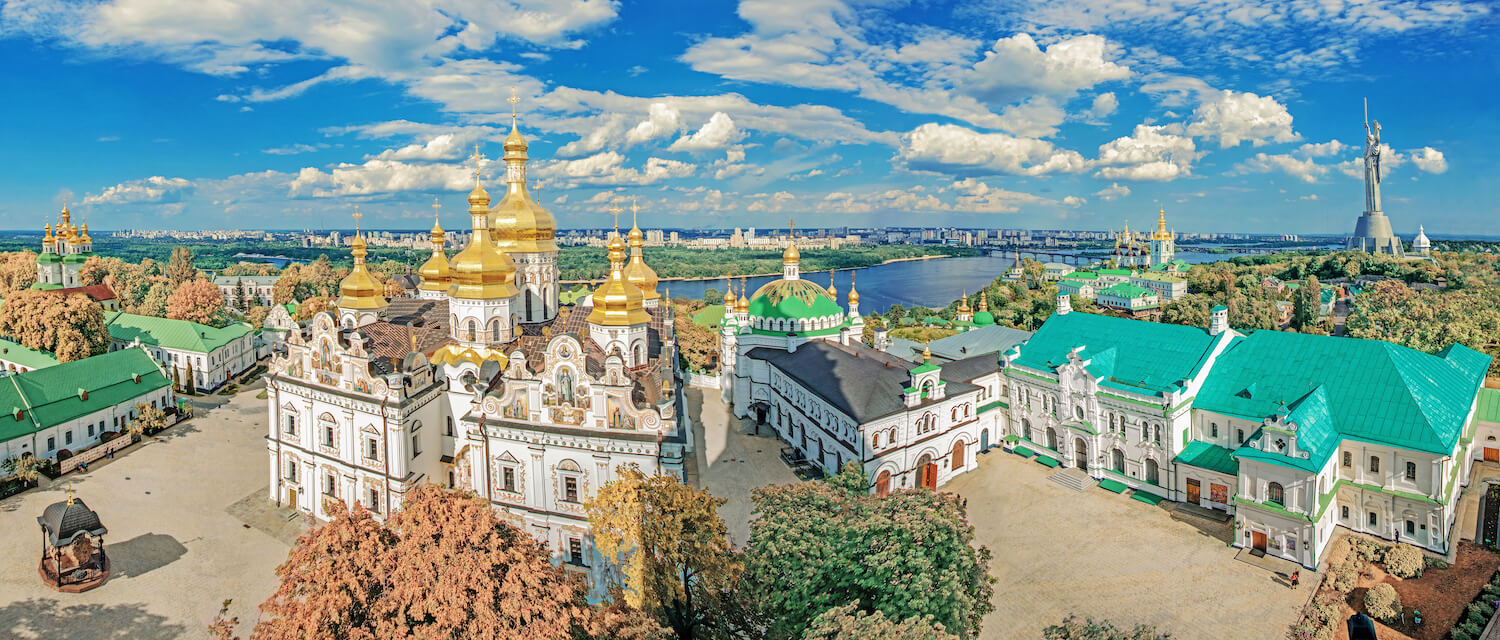Expansion of pet food markets in Ukraine and Belarus

Sales of pet food have risen during the pandemic in both Ukraine and Belarus. As elsewhere, people here have been adopting pets to endure lockdowns – and have fed them well too.
Ukrainian trends
“During the lockdown, the number of pets here increased significantly,” says Ihor Blystiv, GCMO of Ukraine’s largest pet food producer Kormotech, adding that…
Did you think it would be this easy? Nope! Just register. It’s free! Lorem ipsum dolor sit amet, consectetur adipiscing elit. Ut cursus turpis vel cursus ullamcorper. Sed ante mi, finibus eget porttitor a, tincidunt ac dolor. Vivamus ornare semper lorem, consequat commodo lectus elementum vitae. Cras id mattis urna. Donec rutrum dignissim lacinia. Duis ultricies sapien at ipsum tincidunt.
Sed in iaculis elit, sit amet convallis felis. Pellentesque non justo lectus. Donec sollicitudin lorem in sapien euismod varius at vitae mi. Maecenas ut elit ac risus consectetur vulputate. Praesent vel orci ante. Curabitur egestas dapibus nisi ac laoreet. Nullam a lacinia libero, non fringilla nisl.
You’re out of free articles,
register for unlimited access
